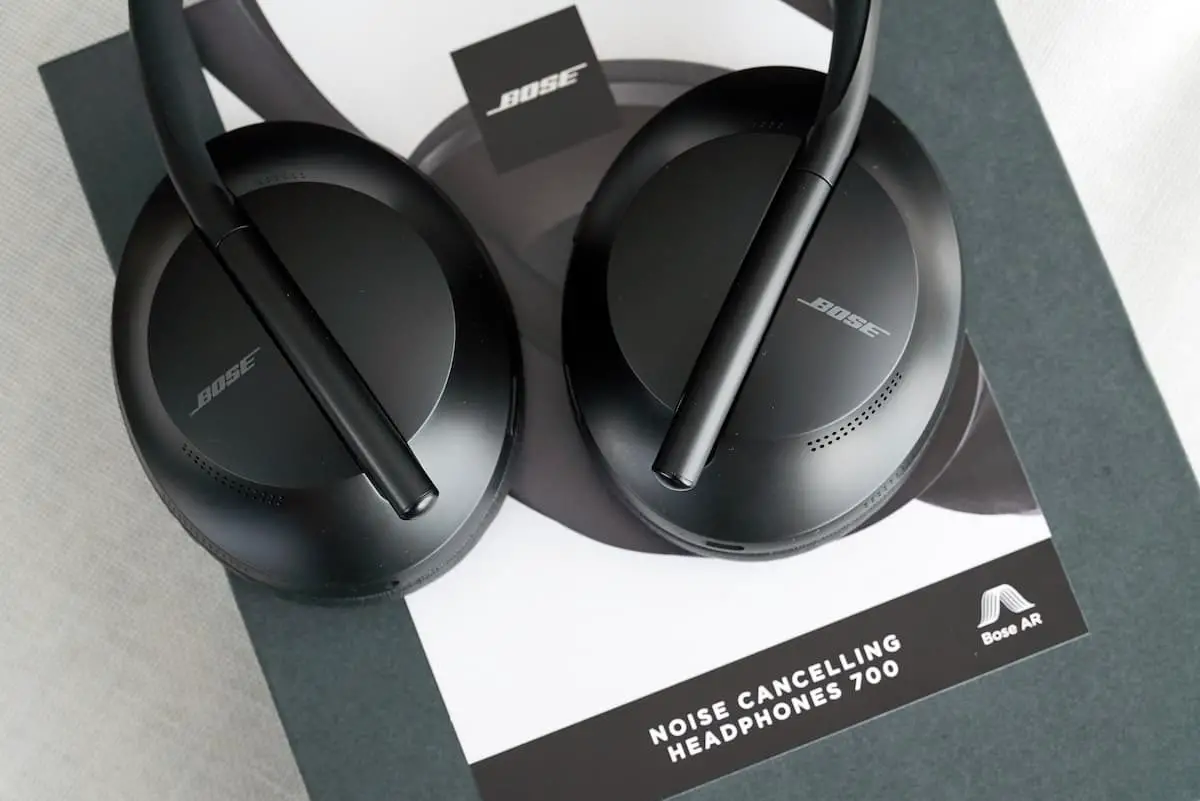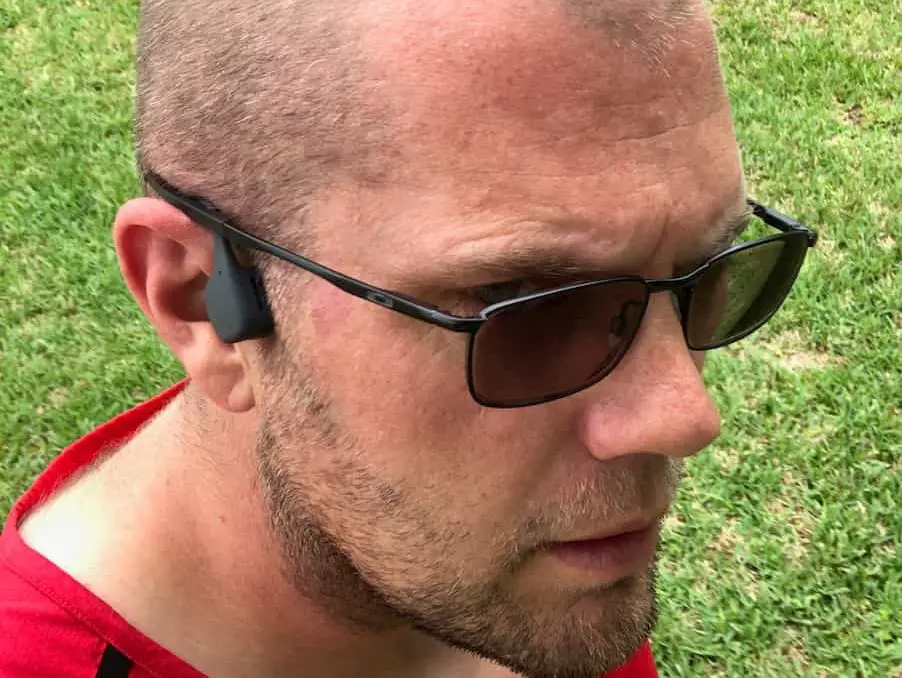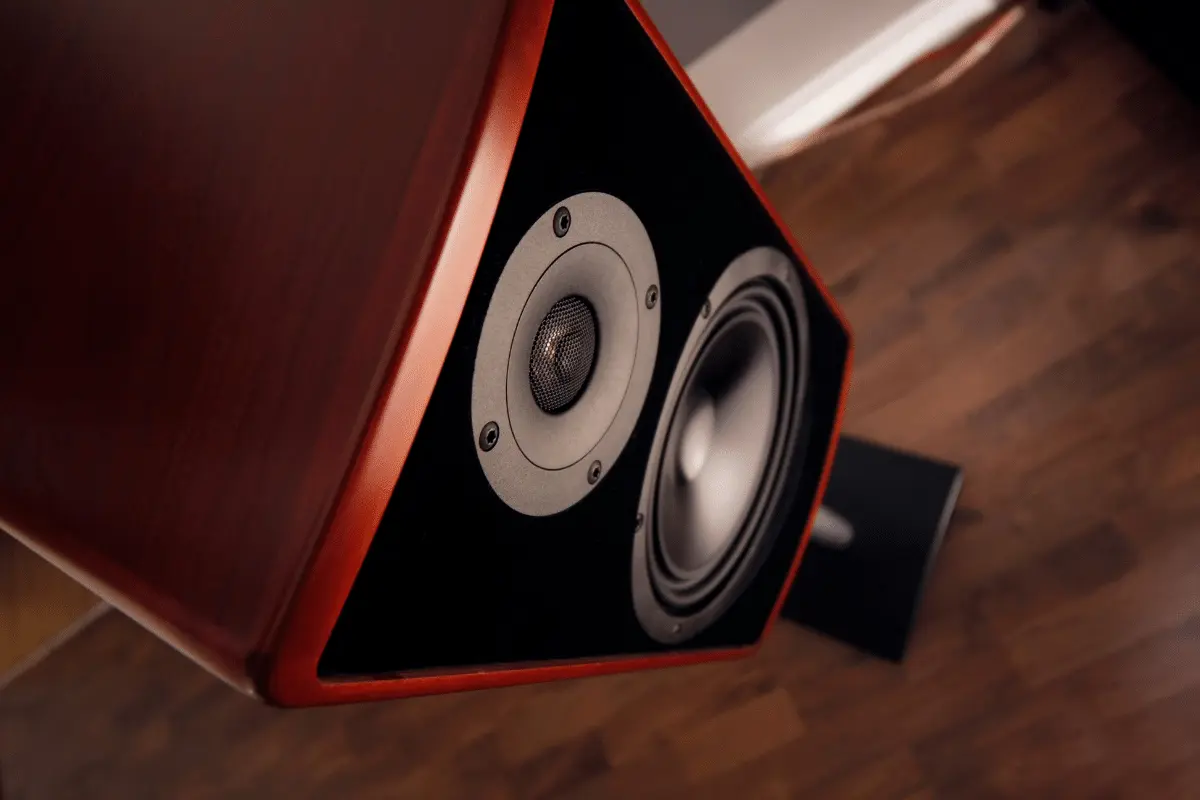Noise-canceling headphones are very popular with the current masses, but it is not for everyone. Many people unwittingly purchase noise-canceling headphones only to regret them later. If you are reading this, you’ve probably asked yourself things like, why do noise-canceling headphones make me nauseous?
Active noise-canceling headphones cause nausea for some people. The effect has varying degrees of intensity on different individuals. People who cannot handle it will suffer from disorientation while they have the headphones on.
There are two main types of noise-canceling headphones. One type uses passive noise-cancellation, while the other uses the active variant. The adverse effects are only felt by people who use the active variant.
The following information should help you understand the pros and cons of choosing noise-canceling headphones and why they cause noise-canceling nausea.
What are the Health Issues of Noise-Cancelling?
Noise-cancelling is not a singular system, and there are many ways of eliminating unwanted sounds. Sometimes it enhances hearing by helping you focus on the sounds you prefer to hear.
The majority of the headphones either use active noise-canceling or passive noise-canceling. There are many perks of using these headphones, as well as some problems.
Active noise-canceling is the main culprit for causing people problems. Active noise-canceling is a suppression system.
Ever since these started being available for general consumers, many people have felt various discomfort while using them. Some of the most common issues are:
- Headache
- Dizziness
- Nausea
These problems do not last long and should not harm anyone in the long term. However, while using noise-canceling headphones, these conditions will be quite acute.
So much so that it will affect the user’s functionality. Thankfully, people who are incompatible with these headphones are very few.
Why Do These Issues Occur?
To understand why headphones make you dizzy or cause a headache when wearing noise-canceling headphones, you need to first understand how active noise-canceling works.
Active noise-canceling is counteracting the frequency that your ear receives. It is not stopping noise from entering your ears. It produces an independent frequency that is the exact opposite of the noise around you.
By producing the complete opposite frequency, active noise-canceling cancels out the unwanted ambient sounds. That is where the problem lies. It is not stopping the sounds from entering your ear but messing with your natural auditory input.
You don’t only use your ears for listening. Subconsciously, your ears will extend your overall perception. Your perception is responsible for keeping you oriented.
ANC doesn’t merely cut off your auditory perception. It also sends it wrong feedback. Hence the messed-up signals make you disoriented.
Anything that hinders your natural auditory input can cause various forms of discomfort. Dizziness and nausea are the most commonly seen signs of discomfort. I can only describe the feeling as something like low blood sugar. Can noise-canceling headphones cause vertigo?
Yes, it can reach the level of vertigo if the intensity is too strong.
However, very few people will suffer from these problems. Most people will, at most, have some slight discomfort. Active noise-canceling is fairly harmless but some people do experience noise-canceling sickness.
These issues are caused, mainly because you are not used to taking suppressed auditory input. The closest thing you can compare it to would be motion sickness.
Are Active Noise-Canceling Headphones Safe?
Despite some glaring problems, noise-canceling headphones are very safe. Most people do not have any issues when using them, even after long-term use.
These headphones are especially beneficial for people who work in a loud environment. However, most of the time, they would choose passive headphones and not active ones, so why do noise cancelling headphones feel weird?
Many people can feel the pressure differential caused by playing counter noise to eliminate the outside noise for your hearing, when you add the headphones to your head this will be a distinct, and odd sense of separation. This is basically your brain processing the lack of sounds from your ears.
Since noise-canceling works by counteracting background noise, many people can now continue using low-volume settings for their music.
That will lead to reduced hearing loss for people later on. People often unwittingly turn up the volume to hear over loud background noise. These are also quite beneficial for people who have sensitive hearing.
To most people, active noise-canceling should be perfectly safe. But those who cannot handle it, fare very badly if they use it.
When I got myself a pair of ANC headphones, I lasted no more than ten whole minutes. Fortunately, my symptoms were not that bad. I only had a vague feeling of dizziness. The feeling quickly dissipated as soon as I took them off.
What About Passive Noise-Canceling?
Passive Noise-canceling or PNC is the best form of noise-canceling. It comes with almost zero drawbacks other than having to cover up your ears.
The only problem is that every decent PNC headphone will be a lugging mass. It is inconvenient to carry them around all the time.
PNC does not work in any fancy way like ANC. It does not release any counter frequency or anything. Passive noise-canceling is not “noise-canceling” but it merely stops all noise from reaching your ear. The process is crude and inelegant, but brutally effective.
It is especially better to stick with PNC if you need protection against sudden bursts of loud noise like gunfire and construction sites.
ANC is highly ineffective in these cases because it takes a while to register the noise before it can send the appropriate frequency to counteract it. By the time it sends out the opposite sound, the original would reached you already.
Since PNC does not use any sort of frequency to mess with your perception, it has no negative effect on your cognitive functions.
You would not suffer from headaches, nausea, vertigo, or anything. However, if you use poorly fitting headphones, you would suffer from ear pain if you have them on for too long.
Should You Get Noise-Canceling Headphones?
How to tell if you are one of the very few people who are not compatible with noise-canceling? Most people who have severe motion sickness will be affected negatively by active noise-canceling. The same is true for people who feel disoriented or suffer from vertigo.
If you have any of those problems, the condition will likely worsen once you get noise-canceling headphones. It is especially true for people with motion sickness.
Their body is already unable to handle preceptive changes in their surroundings. Noise-canceling will further harm their perception.
Sometimes, people who do not have such problems will still suffer from headaches and other discomforts while using noise-canceling headphones. So, it is hard to tell whether or not you can use it or not.
Your best option is to try out a pair of noise-canceling headphones for a few hours. Borrow it from a friend if you have to.
If you don’t feel any glaring discomfort then it should be fine to use them long-term. It is best to check before buying them since noise-canceling headphones are not cheap.
Thankfully, the symptoms do not take too long to surface, and they do not silently harm you. If you are incapable of handling noise-canceling, you will know in less than an hour after using them.
In the end, the ANC is still very viable for modern people. It cannot protect much against explosive noise, but it can still offer a lot of comfort against constant noise pollution.
If you are like me and can’t handle the disoriented feeling, you have to skip this luxury. The only other option is using PNC headphones.
Conclusion
So, if you’re wondering why do noise-canceling headphones make me nauseous? It’s because the counteracting frequency emitted by active noise-canceling headphones impacts you in some way, this doesn’t happen to everyone though.
It doesn’t cause any permanent harm, but it is a major headache (no pun intended). But there is also no way to work around this issue. You either handle ANC or you can’t; there is no third option or any way to remedy the problem.





Leave a Reply
You must be logged in to post a comment.